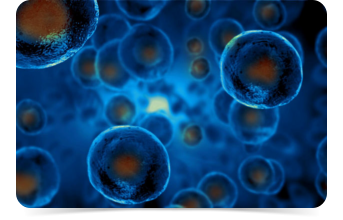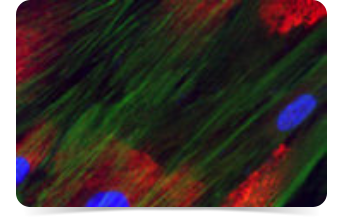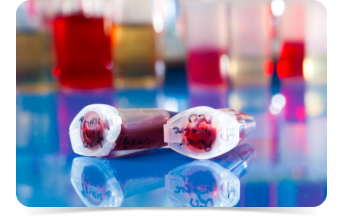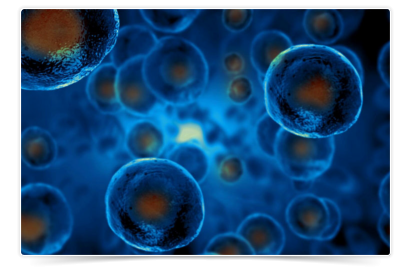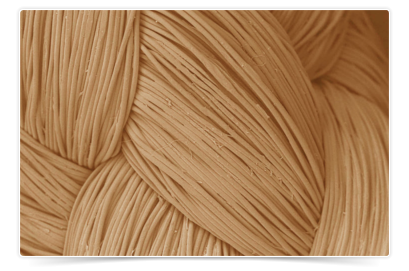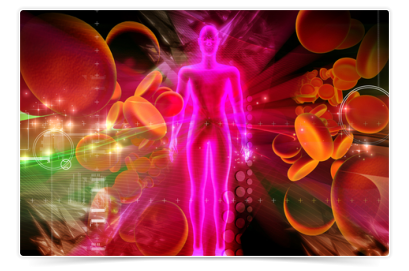Get in touch
Contact PDIU
Book a Visit
copyright © 2021 Pro Deo International University

Security
Privacy Statement
Reporting Security Issues
Masters in Tissue Engineering and Regenerative Medicine
Tissue
engineering
and
regenerative
medicine
is
an
ever-emerging
interdisciplinary
field
of
biomedical
research;
which
combines
life
sciences,
biology
and
engineering,
to
progress
the
repair,
replacement
and
enhancement of diseased and damaged tissues.
It’s
a
field
that
has
the
potential
to
deliver
treatments
for
diseases,
injuries
and disorders where currently people have no options.
The
Program
provides
in-depth
training
in
this
branch
of
biomedical
science,
including
stem
cell
biology,
biomaterials
and
tissue/organ
engineering.
The
MSc
offers
a
balanced
combination
of
theory
and
practice;
and
can
serve
either
as
preparation
for
a
PhD
or
as
a
self-
contained master’s qualification.
The
program
is
both
lecture
and
laboratory
based;
benefiting
from
taught
modules
that
cover
areas
such
as
Cellular
&
Molecular
Biology
and
Stem
Cells
and
Regenerative
Medicine
and
culminating
in
a
hands-on
5-month
research
project.
It
also
includes
several
opportunities
to
visit
relevant
clinical settings and local industrial partners.
You
will
acquire
a
number
of
specific
skills,
such
as
the
ability
to
collect,
analyse
and
interpret
a
range
of
complex
quantitative
and
qualitative
data.
You
will
also
develop
a
number
of
valuable
laboratory
research-based
skills,
through
the
completion
of
a
5-month
research
project
of
your
choice*,
which
will
be
presented
as
a
poster
at
the
annual
MITER
scientific
meeting.
Graduates
from
this
Program
will
have
a
broad
spectrum
of
knowledge
and
a
variety
of
skills,
making
them
highly
attractive
both
to
potential
employers and research establishments in this fast-developing sector.
Distinctive features
Based
on
a
variety
of
measures
to
include
in
student
satisfaction,
research
quality
and
graduate
prospects.
Here
are
some
of
the
distinctive
features
for our program:
•
Our
course
was
the
first
of
its
kind
in,
building
on
Newton
Lewis
Research
Department,
research
excellence
and
critical
mass
of
tissue
engineering
researchers
across
the
Institute
of
Tissue
Engineering
and
Repair (MITER).
•
Teaching
is
delivered
by
academics
across
the
interdisciplinary
Pro
Deo
network not available at many other institutions
•
Opportunities
to
visit
clinical
settings
and
local
industrial
partners
to
speak
with
clinicians
with
keen
interests
in
tissue
engineering
and
repair.
•
The
MSc
combines
both
taught
modules
and
a
5-month
research
project
which
can
be
chosen
by
you.
Previous
student
projects
have
been
in
research
areas
such
as
stem
cell
biology,
bone,
skin,
oral
tissues
and drug delivery.
Research Methods
The
aim
of
this
Module
is
to
provide
Students
with
both
the
theoretical
and
practical
skills
necessary
to
undertake
dental
research.
The
module
covers
the
key
areas
of
research:
literature
reviews,
designing
research
studies,
ethical
implications,
critical
appraisal,
quantitative
data
collection
and
analysis,
qualitative
data
collection
and
analysis,
systematic
reviews
and
meta-analysis, dissemination and translation of research.
Website
Reporting Website issues

Get in touch
Contact PDIU
Book a Visit
Security
Privacy Statement
Reporting Security Issues
Website
Reporting Website issues

Masters
in
Tissue
Engineering
and
Regenerative Medicine
Tissue
engineering
and
regenerative
medicine
is
an
ever-emerging
interdisciplinary
field
of
biomedical
research;
which
combines
life
sciences,
biology
and
engineering,
to
progress
the
repair,
replacement
and
enhancement of diseased and damaged tissues.
It’s
a
field
that
has
the
potential
to
deliver
treatments
for
diseases,
injuries
and
disorders
where
currently
people
have no options.
The
Program
provides
in-depth
training
in
this
branch
of
biomedical
science,
including
stem
cell
biology,
biomaterials
and
tissue/organ
engineering.
The
MSc
offers
a
balanced
combination
of
theory
and
practice;
and
can
serve
either
as
preparation
for
a
PhD
or
as
a
self-contained master’s qualification.
The
program
is
both
lecture
and
laboratory
based;
benefiting
from
taught
modules
that
cover
areas
such
as
Cellular
&
Molecular
Biology
and
Stem
Cells
and
Regenerative
Medicine
and
culminating
in
a
hands-on
5-
month
research
project.
It
also
includes
several
opportunities
to
visit
relevant
clinical
settings
and
local
industrial partners.
You
will
acquire
a
number
of
specific
skills,
such
as
the
ability
to
collect,
analyse
and
interpret
a
range
of
complex
quantitative
and
qualitative
data.
You
will
also
develop
a
number
of
valuable
laboratory
research-
based
skills,
through
the
completion
of
a
5-month
research
project
of
your
choice*,
which
will
be
presented
as
a
poster
at
the
annual
MITER
scientific
meeting.
Graduates
from
this
Program
will
have
a
broad
spectrum
of
knowledge
and
a
variety
of
skills,
making
them
highly
attractive
both
to
potential
employers
and
research establishments in this fast-developing sector.
Distinctive features
Based
on
a
variety
of
measures
to
include
in
student
satisfaction,
research
quality
and
graduate
prospects.
Here
are
some
of
the
distinctive
features
for
our
program:
•
Our
course
was
the
first
of
its
kind
in,
building
on
Newton
Lewis
Research
Department,
research
excellence
and
critical
mass
of
tissue
engineering
researchers
across
the
Institute
of
Tissue
Engineering and Repair (MITER).
•
Teaching
is
delivered
by
academics
across
the
interdisciplinary
Pro
Deo
network
not
available
at
many other institutions
•
Opportunities
to
visit
clinical
settings
and
local
industrial
partners
to
speak
with
clinicians
with
keen
interests in tissue engineering and repair.
•
The
MSc
combines
both
taught
modules
and
a
5-
month
research
project
which
can
be
chosen
by
you.
Previous
student
projects
have
been
in
research
areas
such
as
stem
cell
biology,
bone,
skin,
oral
tissues and drug delivery.
Research Methods
The
aim
of
this
Module
is
to
provide
Students
with
both
the
theoretical
and
practical
skills
necessary
to
undertake
dental
research.
The
module
covers
the
key
areas
of
research:
literature
reviews,
designing
research
studies,
ethical
implications,
critical
appraisal,
quantitative
data
collection
and
analysis,
qualitative
data
collection
and
analysis,
systematic
reviews
and
meta-analysis,
dissemination
and
translation
of
research.


- Department of Archaeology
- Faculty of Arts
- Caring Profession
- Development
- Engineering
- General Certification Courses
- ICT
- Hospitality and Tourism Studies
- Languages
- Management and Business College
- Faculty of Medicine
- Institute of Medicine and Surgery
- Institute of Medical Emergency Education
- Diploma for EMT - Paramedics
- Diploma in History of Medicine
- Masters in Emergency Medicine Management
- Masters in Healthcare Economics and Financial Management
- Masters in Healthcare Management
- Masters in History of Medicine
- Masters in Psychiatry
- Masters in Radiopharmaceutics
- Masters in Tissue Engineering and Regenerative Medicine
- Faculty of Theology and Philosophy
- Veterinary Sciences

scientia potentia est
Pro Deo
International University

Pro Deo International
scientia potentia est







